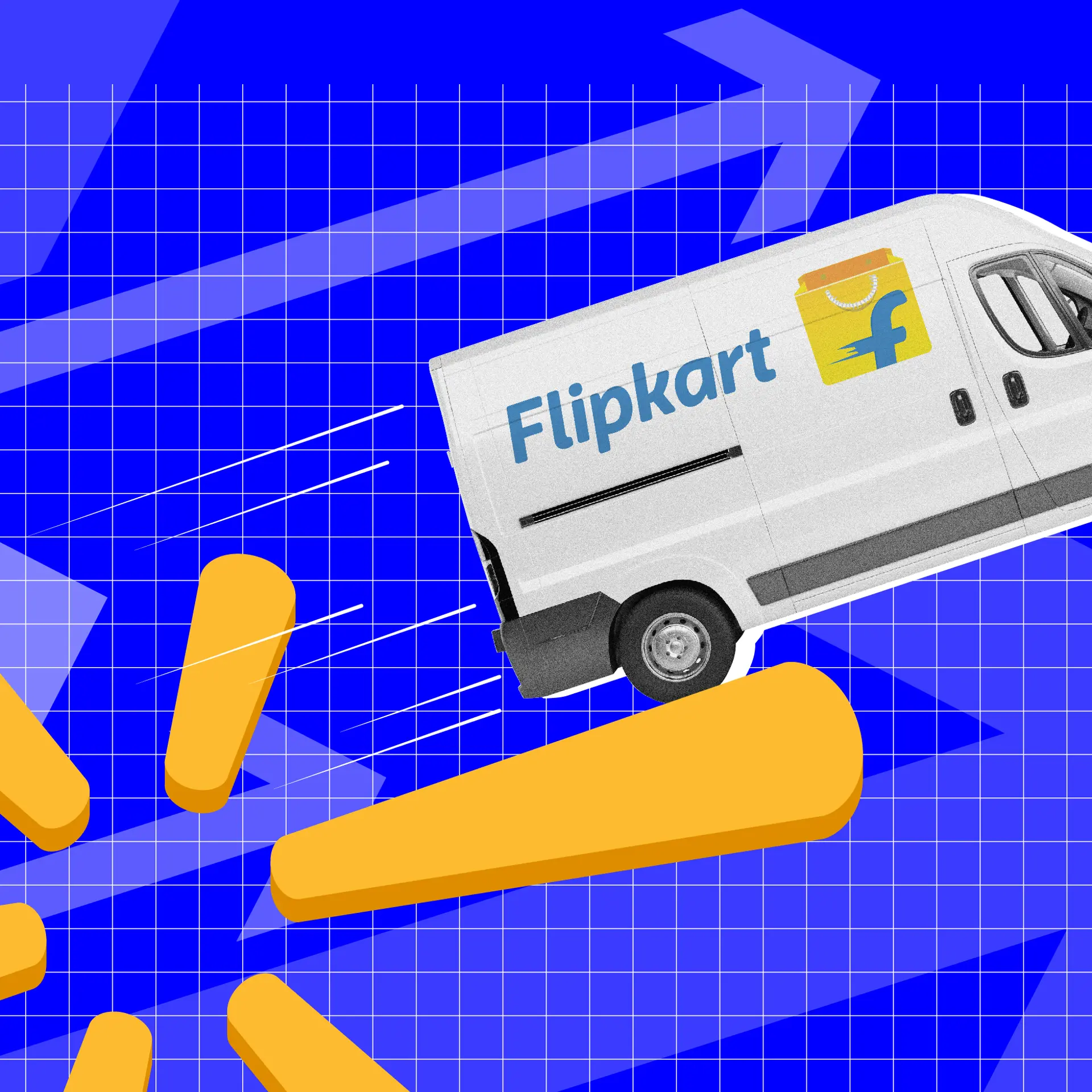Study now pay later: This edtech startup aims to bridge India’s skill gap with data science courses
Kolkata-based edtech startup SkillEnable offers proprietary data science courses to make tech talent job-ready. It follows the pay-after-placement model to make its programmes accessible to a large pool of aspirants.
Kolkata-based entrepreneur Nirpeksh Kumbhat worked in the education sector even before launching his startup in 2019.
After being “exposed to high quality education in the UK” — first at the University of Warwick, and later, at the London School of Economics — he knew that good education could open up a world of possibilities.
When he returned to India in 2017, he began working with colleges to help them bring their courses online.
What he found was most educational institutions in India a) did not have the resources to upgrade their dated curriculum to the modern needs of the job market, and b) did not place much emphasis on learning outcomes.
Hence, even candidates with good degrees were often unemployable because their skill sets didn’t match industry requirements.
Sample this: In 2019, 53 percent of Indian businesses were unable to hire candidates due to a lack of future-ready job skills, according to the International Labour Organisation. ILO estimates that India will have a skill deficit of 29 million by 2030.

SkillEnable team
Bridging the skill gap
Nirpeksh founded SkillEnable to help bridge this wide gap between industry and academia by training students in futuristic skills. He also wanted to help students choose the right course to fulfil their career aspirations.
He tells YourStory,
“Most institutions in India are only concerned with giving out a degree. There is no focus on placement. Almost 99 percent of institutes are not bothered about the careers of candidates. And the students are misled by career counsellors. They sell them whichever course they get the highest margin for.”
“We realised that the students needed help in the decision-making process and wanted to build a platform that could solve all these issues,” he adds.
After a year of market research to create a model that is beneficial to both students and employers, SkillEnable launched its first cohort-based course in January. Since then, it has started four more cohorts, with the first batch graduating last month.

What it offers: cohort-based courses for jobs
SkillEnable offers employability-focused data science courses to make tech talent future-ready. The courses are tailor-made to meet specific industry demands. ·
Candidates can choose from three programmes:
1. Deep Dive in Data Science in AI & ML (the flagship course)
2. Fundamentals of Data Science
3. Foundation Course in Data Science (targeted at Class X-XII students)
The founder shares,
“Freshers is the target market that needs maximum help. There is a misconception that only certain people can take data science courses. We are saying that anybody with a quantitative aptitude and a willingness to learn can take our course. We also plan to target students from Economics, B.Com, and Management. Whoever has a knack for numbers can take the programme.”

Nirpeksh Kumbhat, Founder and CEO, SkillEnable
Each programme includes job-relevant training, mock interviews, soft skill enhancement, GitHub sessions, LinkedIn networking, CV building tips, and other employability-centric initiatives. The six-month courses are fully live, with the cohort size capped at 25 students.
Nirpeksh elaborates,
“Our programme is intensive such that candidates get used to working in a tough environment. They have two-hour classes every day. And on Saturdays, they take assessments. We track their learning data and can provide that to employers to help them gauge the candidates' skill sets.”
SkillEnable claims that it has a stringent selection criteria and enrols less than two percent of applicants. So far, its cohorts have a 91 percent placement rate, with companies like Algoscale, KreditBee, The MathCompany, Schbang, Bridgei2i, Ugam, Cartesian Consulting, G-Square, and others, offering jobs to candidates.

All its courses are fully live, online, and cohort-based
Income-sharing agreement model
Like several ‘study now, pay later’ startups that are gaining ground lately, SkillEnable also operates on an income-sharing agreement (ISA) model.
Candidates pay the course fee (Rs 2.5 lakh) only after they start earning the minimum guaranteed CTC (Rs 5-18 LPA for freshers and Rs 7-22 LPA for professionals) or more. SkillEnable charges them a predefined percentage of the CTC.
Nirpeksh believes that the ISA model helps reduce student stress and makes the courses accessible to a larger pool of aspirants as there’s no upfront fee to pay. “It also gives students the confidence that we are investing in them,” he says.
The startup, however, does not charge its hiring partners. Job-ready candidates are offered to them for free. “We are an edtech company, not an HR company. Our only goal is to train students to get a job,” states the founder.
At present, the platform is seeing 4,000 applications per month, and it looks to graduate over 300 students by the end of 2022. SkillEnable has hit a monthly run rate of Rs 30-40 lakh and is aiming to grow that to Rs 1 crore by March 2022.

SkillEnable wants to bridge the skill gap between industry and academia
Growth plans and future roadmap
SkillEnable plans to launch two to three cohorts every month. It is also looking to develop co-branded courses with educational institutes and consulting companies.
Nirpeksh says,
“We will become the official data science partner for them. Joining their names with ours will help us gain credibility.”
The bootstrapped startup wants to raise its first round of funding by the end of the year to launch new courses and ramp up its team of instructors.
It is also partnering with education finance companies such as EnableCap, Propelld, Financepeer, and Eduvanz to foot the upfront course fee for some students.
SkillEnable’s overarching goal is to become a one-stop solution in the application-to-placement cycle and strengthen the industry-academia alliance.
It operates alongside the likes of AlmaBetter, Skill-Lync, Bridgelabz, Newton School, KnowledgeHut (recently acquired by upGrad), Xcelero, Skillenza, and others, in a hyper-competitive market that lies at the intersection of upskilling and hiring.
What then is its USP? “We have no competitor in the eastern market,” Nirpeksh says, adding, “We do a lot of programmes via city colleges that don't have other partnerships. And most companies want to hire talent based in the city.”
Despite the raging competition (and consolidation) in edtech today, SkillEnable is certain that India’s vast young population will make room for everyone’s growth.
“There can be 10 more BYJU’S in India,” says the founder.
YourStory’s flagship startup-tech and leadership conference will return virtually for its 13th edition on October 25-30, 2021. Sign up for updates on TechSparks or to express your interest in partnerships and speaker opportunities here.
For more on TechSparks 2021, click here.
Applications are now open for Tech30 2021, a list of 30 most promising tech startups from India. Apply or nominate an early-stage startup to become a Tech30 2021 startup here.
Edited by Suman Singh











